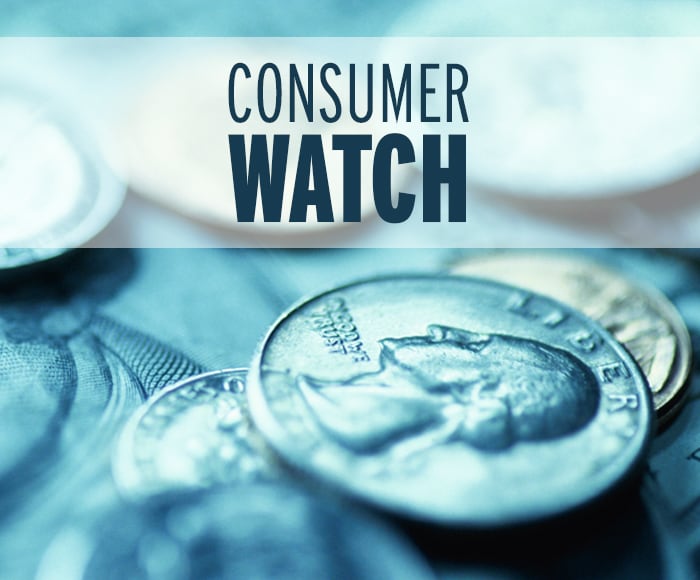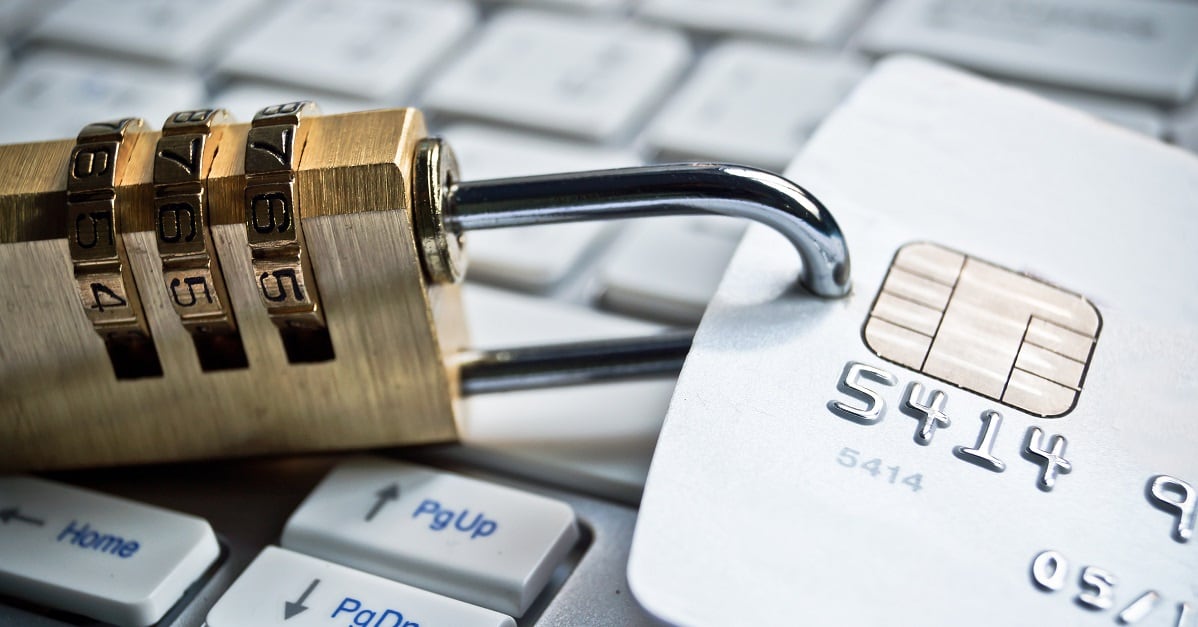Victims of identity theft can spend painful months and years of frustrated, expensive effort trying to clear up the mess. And service members and families could be more susceptible to this scourge.
“Identity theft is a perennial problem, particularly with service members,” said Gerri Walsh, senior vice president for investor education at the Financial Industry Regulatory Authority, better known as FINRA. “When they’re deployed or changing duty stations, there are concerns that people could access their credit. Especially if you’re overseas, you might not even know that it’s happening.”
It may be hard to be vigilant while you’re deployed or in the busy weeks before, during and after a permanent change-of-station move. Criminals who steal your personal information can use it to drain your bank account, open new lines of credit in your name or otherwise ruin your credit history and reputation.
Identity theft was the second most reported complaint filed by those in the military community to the Federal Trade Commission’s complaint database in 2016, the latest data available.
RELATED

Of the 115,984 complaints filed by military consumers with the FTC Consumer Sentinel Network database in 2016, 30 percent were related to identity theft. Information wasn’t available on active-duty members filing such complaints; most of the overall military-related complaints — 66 percent — were from military retirees and veterans.
The experts advise a number of steps to guard your personal information, including one option available to active-duty members:
1. Active-duty alert. Service members who deploy can request this alert be placed on their credit reports. It tells creditors to take extra steps before granting credit in that service member’s name. This free alert lasts for one year unless the service member asks for it to be removed sooner, and it can be renewed if the deployment lasts longer. To place the active-duty alert, contact one of the credit reporting bureaus — Experian, Equifax or TransUnion. The one you contact will contact the other two.
2. Initial fraud alert. If you’re concerned about identity theft but haven’t become a victim (your wallet has been stolen or lost, for instance), contact one of the three credit reporting bureaus for this free fraud alert. Again, they’ll contact the other two.
3. Credit freeze. This lets you restrict access to your credit report, making it more difficult for identity thieves to open accounts in your name. You must contact all three credit reporting bureaus for a freeze. It may be a good fit if you know you’re not going to need a new line of credit, FINRA’s Walsh said, but the freeze may take time to lift. It’s not free — costs vary by state — and you’ll have to lift it if you want a potential employer or landlord to check your credit.
4. Free credit reports. Visit www.annualcreditreport.com or call 877-322-8228 to regularly check your credit report. You can request the reports from all three credit bureaus at once or space out the requests through the year.
5. Protecting personal information. Don’t give out your Social Security number unless it’s necessary — when you’re applying for a job, for instance. Be careful with your credit card number and other financial information.

6. Strong passwords. This is important on your financial accounts, especially if you access them from work or other computers, Walsh said. “Make sure you’re using encryption. If you’re using Wi-Fi, make sure you’re on a password-protected, encrypted Wi-Fi, not an open Wi-Fi that hackers have been known to take advantage of.”
If you’re in the coffee shop, don’t make credit card purchases or check your bank statement. Use multifactor authentication whenever possible, and be sure your cellphone is password-protected.
7. Immediate action. If you see a transaction you don’t recognize, contact that financial institution immediately. “You may subsequently remember that it was a legitimate transaction, but it may be that you’re on the front end of determining that somebody either guessed at or actually stole your financial information,” Walsh said.
The institution can help recover any funds taken from your account and take steps to prevent further fraud.
8. Raise the red flags. Consider setting up alerts with your financial institution, Walsh said. Most will allow you to create flags that will notify you when your balance goes below a certain level, for example, or if there’s a charge on your credit card above a certain amount.
ALREADY COMPROMISED?
Indicators that someone has stolen your personal information, according to the Federal Trade Commission:
- Withdrawals from your bank account and/or charges on your credit card that you can’t explain.*You’re notified that your information was compromised by a data breach at a company or other organization where you do business or have an account, including any breach at a government agency that has your personal information.
- Debt collectors calling about debts that aren’t yours..
- Bills or collection notices for products or services you never received, including medical bills.
- Regular bills and account statements aren’t arriving on time.
- A notice from the Internal Revenue Service that someone used your Social Security number, or that more than one tax return was filed in your name, or that you have income from an employer you don’t work for.
- Your checks or debit transactions are being refused.
- You’re notified that your information was compromised by a data breach at a company or other organization where you do business or have an account, including any breach at a government agency that has your personal information.
Karen has covered military families, quality of life and consumer issues for Military Times for more than 30 years, and is co-author of a chapter on media coverage of military families in the book "A Battle Plan for Supporting Military Families." She previously worked for newspapers in Guam, Norfolk, Jacksonville, Fla., and Athens, Ga.









